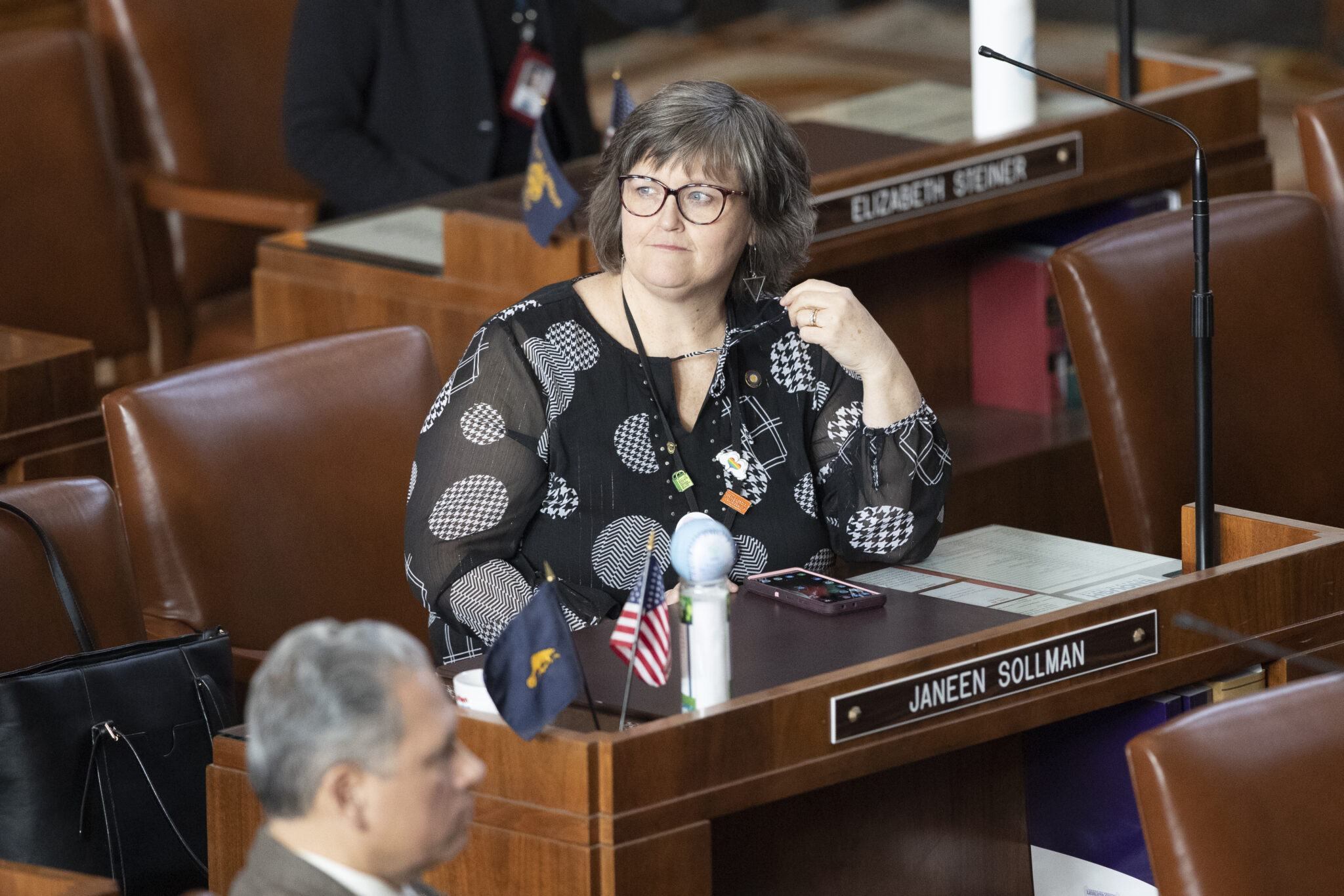Capital Chatter: All sides waiting for Brown to lead
Published 8:00 am Thursday, December 22, 2016

- Capital Chatter: All sides waiting for Brown to lead
• Looking for the governor to lead: After her first legislative session as governor, Kate Brown conceded that she needed to focus her priorities, instead of having so many. And she needed to seek out legislators who would champion her priorities in the state House and Senate.
That was in the summer of 2015. But critics in both parties say Democrat Brown still is not providing leadership on contentious issues. She is a cautious, contemplative person by nature; she is not enamored with public speaking; and she seemingly does not want to alienate her core constituencies.
Her 2016 election campaign — to finish the final two years of John Kitzhaber’s gubernatorial term — was only a prelude for the 2018 election, in which she presumably will seek a full four-year term.
By his third term as governor, Kitzhaber had become more of a centrist, someone who could work with the business community. He had the personal clout and successful track record to get opposing sides to compromise.
In contrast, Brown is more aligned with public employee unions and will need their active support to win re-election.
Brown’s agenda also has been stymied by a lack of cohesion among her top staff. As was the case when she was secretary of state, she has had significant turnover in key positions.
• Republicans for Kitzhaber: Many Republican legislators and businesspeople thought his fellow Democrats gave Kitzhaber a raw deal by pushing his resignation nearly two years ago. Since then, it’s been those Republicans who quietly have been supporting Kitzhaber.
• No changes in the Treasury: State Rep. Tobias Read, D-Beaverton, has been busily studying briefing books about the Oregon Treasury as he prepares to succeed state Treasurer Ted Wheeler, who is becoming mayor of Portland. Read told me he was glad to be transitioning from someone he knows well.
Don’t look for Read to make major changes in staff or policies, at least not soon. “There’s not a crisis that needs to be solved immediately,” he said.
• B2B politics: The Oregon business community long has been fractured on state issues instead of speaking with one unified voice at the state Capitol. On issues from taxes to sick leave, legislative leaders could not get a coherent answer on what “the” business community favored.
Measure 97 changed that. The proposed corporate tax hike, which public-employee unions and their allies put on last month’s ballot, forced business groups to work together in opposing it. As a result, the state’s best-known business associations — Associated Oregon Industries and the Oregon Business Association — finally have agreed to merge. AOI dates to 1895; the more-progressive OBA was formed in 1999.
• Quotable: “Right now our forest policy is driving communities into bankruptcy.” — State Senate Republican Leader Ted Ferrioli of John Day about the Oregon Board of Forestry
“The issue comes down to implicit bias. Everyone in the room has implicit bias, and it comes down to that.” — Marion County Sheriff Jason Myers about the importance of training law enforcement personnel to recognize and overcome their biases
“Community colleges are looked at as the colleges that lift Oregonians out of poverty, raising them on the ladder of prosperity, but the rungs on that ladder are getting farther and farther apart.” — Deanna Palm, Portland Community College Board of Directors
“There are viable solutions. They need not affect employees’ paychecks.” — Tim Nesbitt, a former Oregon AFL-CIO president and former top aide to Gov. Ted Kulongoski, about the ongoing need for substantial PERS reforms
“I respect the voters; and they did not put me in charge, as much as I tried to convince them.” — State House Republican Leader Mike McLane of Powell Butte, about being in the minority party in the Legislature
“The priorities the governor has for Oregon are good priorities. How to pay for them is the 10,000-pound chicken in the middle of the room.” — State Senate President Peter Courtney, D-Salem, about Gov. Brown’s proposed state budget for 2017-19
“Our budget is relatively stable until June 30, and then it’s in real trouble,” State Sen. Richard Devlin, D-Tualatin, a legislative expert on the state budget
“I don’t think we’re going to get a sales tax,” Bob Russell of the Oregon Trucking Association about how to pay for state transportation improvements
Dick Hughes has been covering the Oregon political scene since 1976. Contact him at TheHughesisms@Gmail.com.





